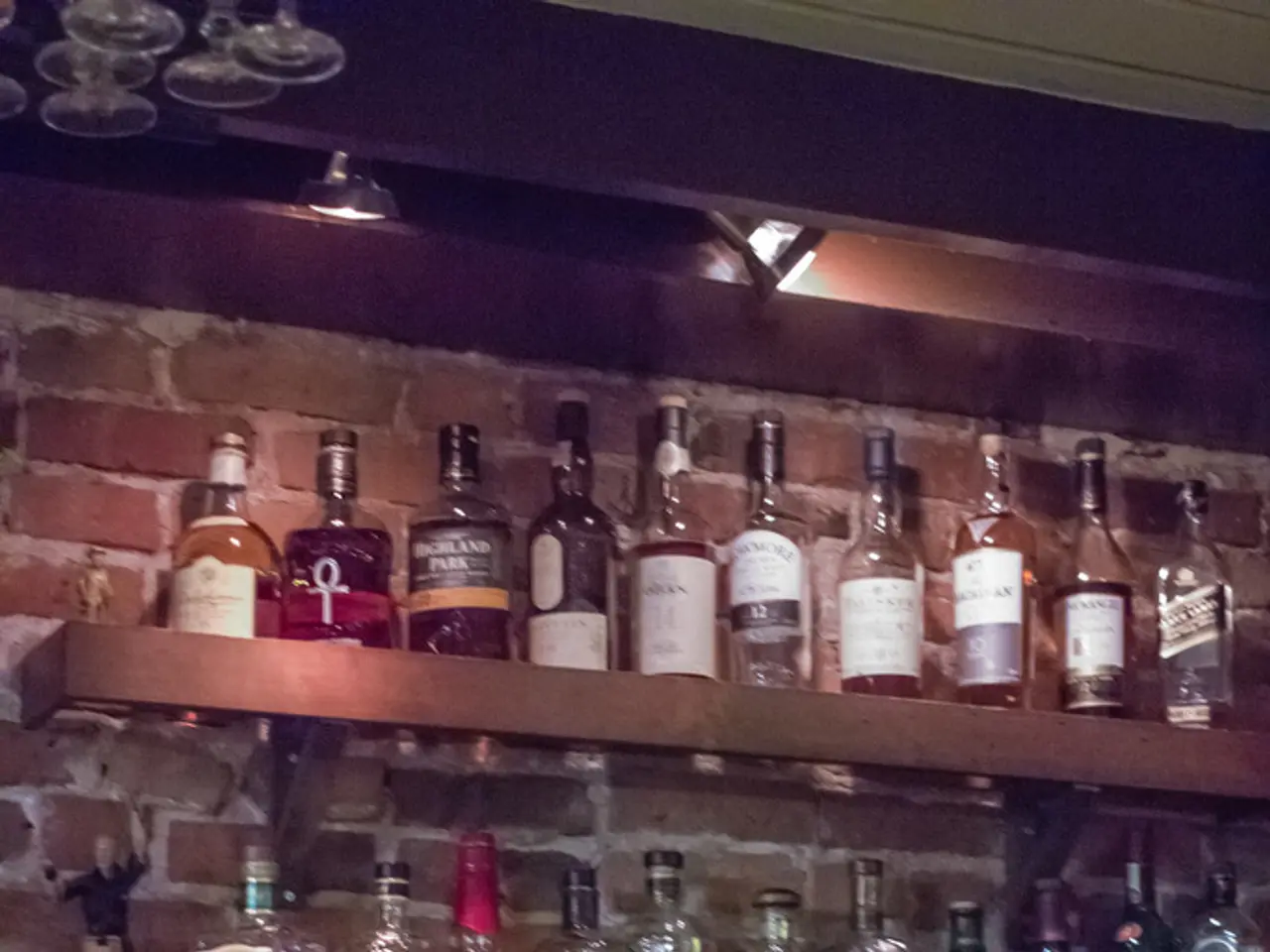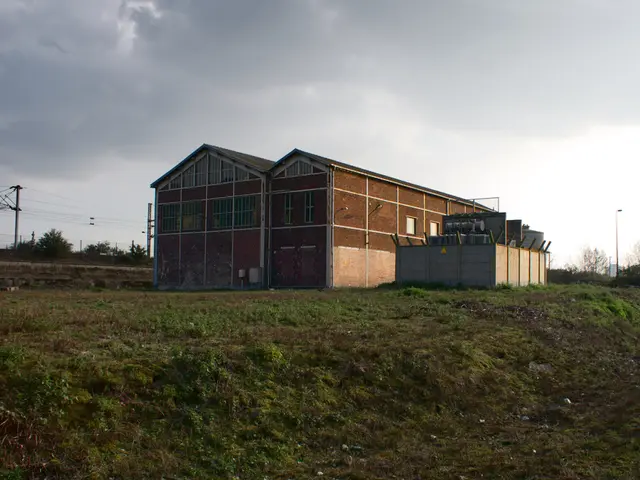German Wine Industry Faces WWII-Level Crisis
The German wine industry is grappling with its worst crisis since World War II, according to experts. Soaring costs, dwindling consumption, and plummeting prices have left many businesses on the brink.
The 'Future Initiative' has proposed boosting sales by encouraging Germans to buy an extra bottle of local wine each year. However, critics argue that this approach is ineffective. Political intervention is seen as inevitable to tackle the long-term market decline.
Sales have been steadily dropping, and many businesses are now in dire straits. The 'Initiative for the Future of German Wine' warns that half of these businesses could go under in the coming months. Those focusing on bulk wine marketing are particularly hard hit, with prices not even covering production costs. Experts from Geisenheim predict that more than half of wine-growing businesses will cease operations within the next five to fifteen years.
Small and medium-sized producers in traditional wine regions are the most affected, currently facing a severe liquidity crisis. The current offer exceeds demand by around 30 percent, with production costs having skyrocketed.
The German wine industry is in a state of emergency. Urgent political action is needed to reduce supply and stimulate sales. Otherwise, half of Germany's wine businesses could disappear in the coming years, threatening the country's rich viticultural heritage.
Read also:
- Dual-function mattress offers both cooling and coziness at an affordable price.
- Top-Notch Weed Killers for Fences in 2025: Efficient Boundary Management Solutions for a Clean Fence Line
- United Kingdom should refrain from hastily deciding on hydrogen home heating, according to Scotland's appeal.
- Guide to Choosing Spain's Leading Animation Company








